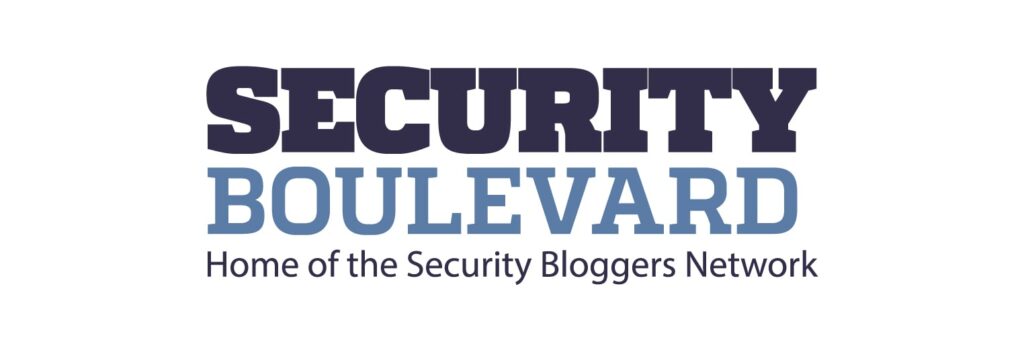Traditional PKI creates bottlenecks that slow digital transformation due to manual processes and limited integration. As organizations adopt cloud, DevOps, and Zero Trust, scalable and automated certificate management becomes essential. Modern PKI should offer automation, policy enforcement, and integration with existing tools to reduce risk and boost agility. Upgrading PKI turns it from a barrier into a driver of secure innovation.
Why crypto-agility is now a business imperative
Enterprises are under increasing pressure to adapt quickly to evolving cryptographic standards. As new threats emerge—from quantum computing to sophisticated cyberattacks—organizations must be prepared to update cryptographic algorithms and certificates without disrupting operations. This ability is known as crypto-agility, and it’s becoming a foundational requirement for secure and resilient infrastructure.
The risks of cryptographic inflexibility
Traditional PKI systems often rely on hardcoded or static cryptographic algorithms that are difficult to replace. This rigidity can create major vulnerabilities when an algorithm is deprecated or compromised. Without crypto-agility, organizations face significant risk: widespread outages, emergency patching, failed audits, and exposure to breaches.
In a worst-case scenario, the inability to swap out cryptographic mechanisms quickly could mean scrambling to update thousands—or even millions—of certificates under crisis conditions. These are not theoretical risks. With the rapid development of quantum computing, NIST has already begun recommending post-quantum cryptographic (PQC) algorithms, signaling an industry-wide shift on the horizon.
Crypto-agility in hybrid and cloud environments
Today’s enterprise environments are more complex than ever—spanning on-premise systems, multiple cloud providers, DevOps pipelines, and mobile endpoints. In these dynamic infrastructures, managing cryptographic agility becomes exponentially more difficult without the right tools.
Legacy PKI struggles to scale across these environments or to accommodate emerging standards like PQC. Manual certificate management and decentralized oversight only amplify the risk and slow down the ability to respond to new cryptographic requirements.
Key capabilities for achieving crypto-agility
To stay ahead of risk, enterprises should prioritize the following capabilities in their PKI strategy:
- Algorithm flexibility: Support for multiple cryptographic algorithms, including new standards as they emerge, such as NIST-approved PQC algorithms.
- Automated certificate lifecycle management: Enables seamless re-issuance and renewal of certificates across systems when cryptographic policies change.
- Policy-based governance: Centralized policies for algorithm selection and enforcement help ensure consistent compliance across environments.
- API integration and orchestration: Embeds certificate management into DevOps pipelines and infrastructure tools, enabling swift, automated changes.
- Central visibility and reporting: Real-time insights into certificate status, usage, and cryptographic profiles support faster decision-making and audit readiness.
Crypto-agility as a strategic advantage
Forward-thinking organizations view crypto-agility not just as a technical requirement but as a strategic advantage. The ability to pivot quickly, comply with new regulations, and future-proof systems enhances customer trust, reduces business risk, and accelerates innovation.
Just as agility in software development drives faster delivery and better products, crypto-agility enables resilience and security without operational friction.
Sectigo’s Internal PKI: built for crypto-agility
Sectigo’s Internal PKI solution is purpose-built to support crypto-agility at enterprise scale. With a centralized platform, automated workflows, and full support for emerging cryptographic standards, it enables organizations to respond rapidly to changes without disrupting services.
Want to learn more? Download our eBook: The business case for Internal PKI: A strategic framework
Related posts:
The hidden risk lurking in your infrastructure: mismanaged certificates
Why certificate chaos is undermining your compliance strategy
From bottleneck to business enabler: making PKI work for digital transformation
*** This is a Security Bloggers Network syndicated blog from Sectigo authored by Jason Soroko. Read the original post at: https://www.sectigo.com/resource-library/the-role-of-crypto-agile-pki-in-long-term-security


